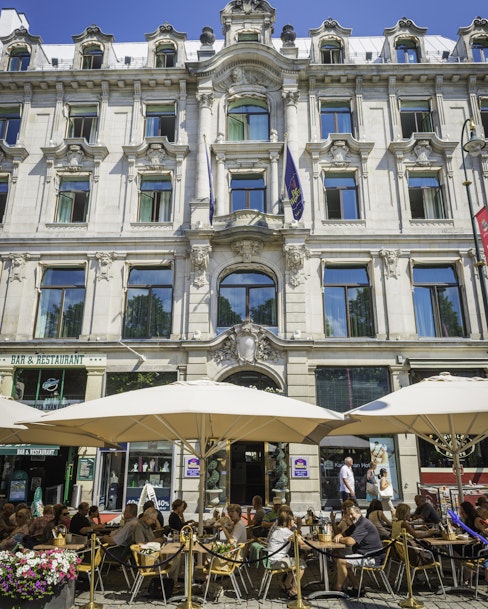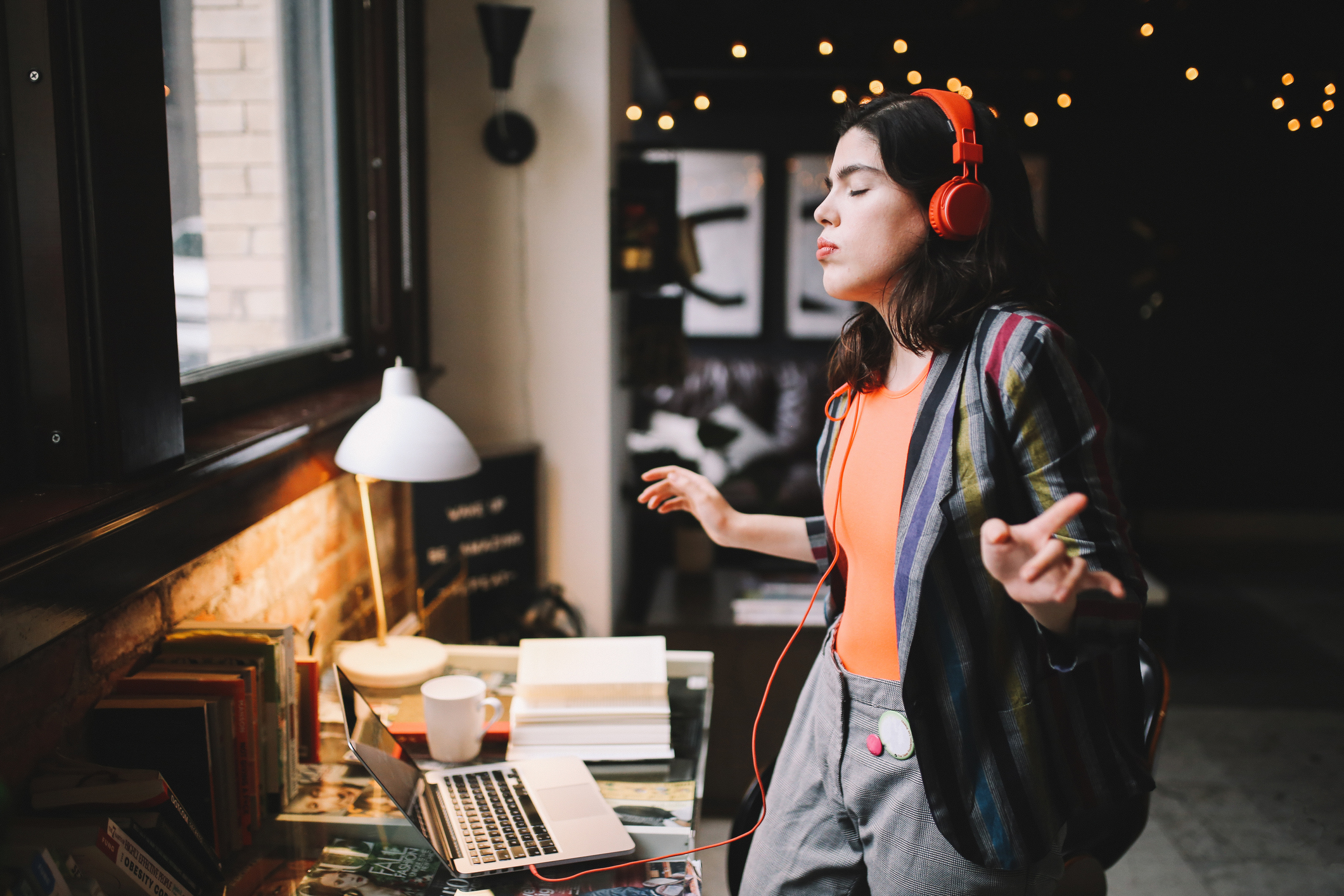
Music Licenses in Norway
Businesses need three different rights to legally play music in their physical venue.

Recording Rights
Recording Rights
This covers the right to use a specific recording of a song and compensates the recording artist.

Publishing Rights
Publishing Rights
This covers the right to use the original composition and compensates the songwriters and composers.

Public Performance Rights
Public Performance Rights
This allows you to play the song in a public environment.
Soundtrack Your Brand covers the first two licenses, and in Norway, public performance licenses are obtained through TONO and Gramo.
For information on music licensing in another country, please click here.

The Value of Soundtrack
We offer a licensed music service for commercial use, with great features such as scheduling tools and an explicit filter.
Soundtrack Your Brand is able to provide this via direct relationships with publishers, performing rights organizations and record labels (including Universal Music Group, Sony Music Entertainment, Warner Music Group and more).
Our technology allows royalties to be fairly and accurately distributed back to music creators. Our Unlimited tier provides royalty payments that are approximately 5 times higher than those from streaming services for private use.

Unsupported Services
Services such as Spotify, Apple Music, YouTube Music, Amazon Music, Tidal and Deezer are not suitable for use in business. These platforms are for personal, private use only - it is not legal to use them when playing music to an audience and you could risk being faced with a fine.
Steps to become fully licensed in Norway
1) Trial Soundtrack
Start our 14 day free trial to use our properly licensed business music service immediately. No payment or commitment required.
2) Get a Public Performance License
If you don't have licenses from TONO and Gramo, please visit their websites to get your licenses.
3) Subscribe to Soundtrack
Select a plan and add your payment details to officially join Soundtrack.
More Information about Music Licensing in Norway
Overview
In Norway, businesses may require licenses from two individual Oslo based organizations, Tono and Gramo. The difference in focus is simple - Tono distributes royalties to the songwriters of a track and to the publishers who hold rights to the song, whereare Gramo distributes royalties to creators who have sung, played and released the music.
Contact
History
Tono, the Norwegian Society of Composers, Authors and Music Publishers or Norsk Toneuhonorering has existed since 1928. As a non-profit organization, it acts on behalf of over 40,000 songwriters, composers, lyricists and music publishers. Tono has agreements with 78 similar societies around the world, to ensure that Norwegian creators are fairly compensated.
In 1989, Gramo was formed. Over 42,000 artists, musicians and record labels are members of the organization, which enables them to be paid when their music is played in a public space or on the radio.
How to get a license in Norway
Tono and Gramo both list different tariffs and rates online, as well as offering the option to enquire about applying for a license. However, it is not yet possible to purchase an instant license from either organization.
Businesses will often need to establish separate music licenses with Tono and Gramo, as it is often the case that creators are paid by both organizations for the same track.